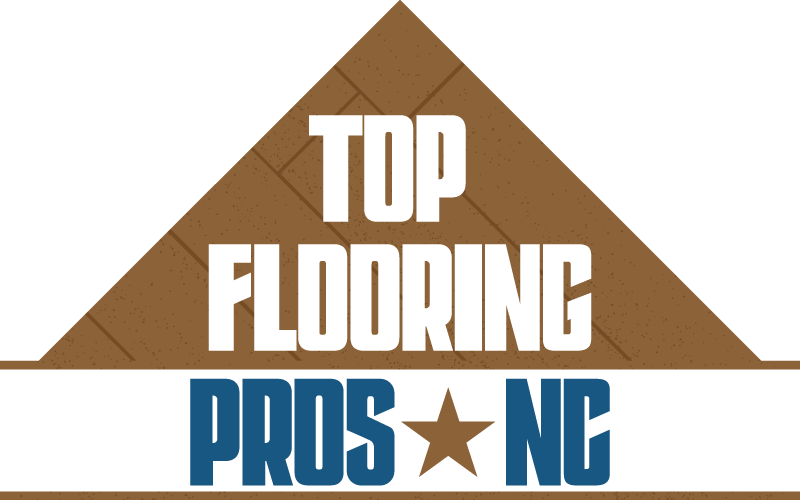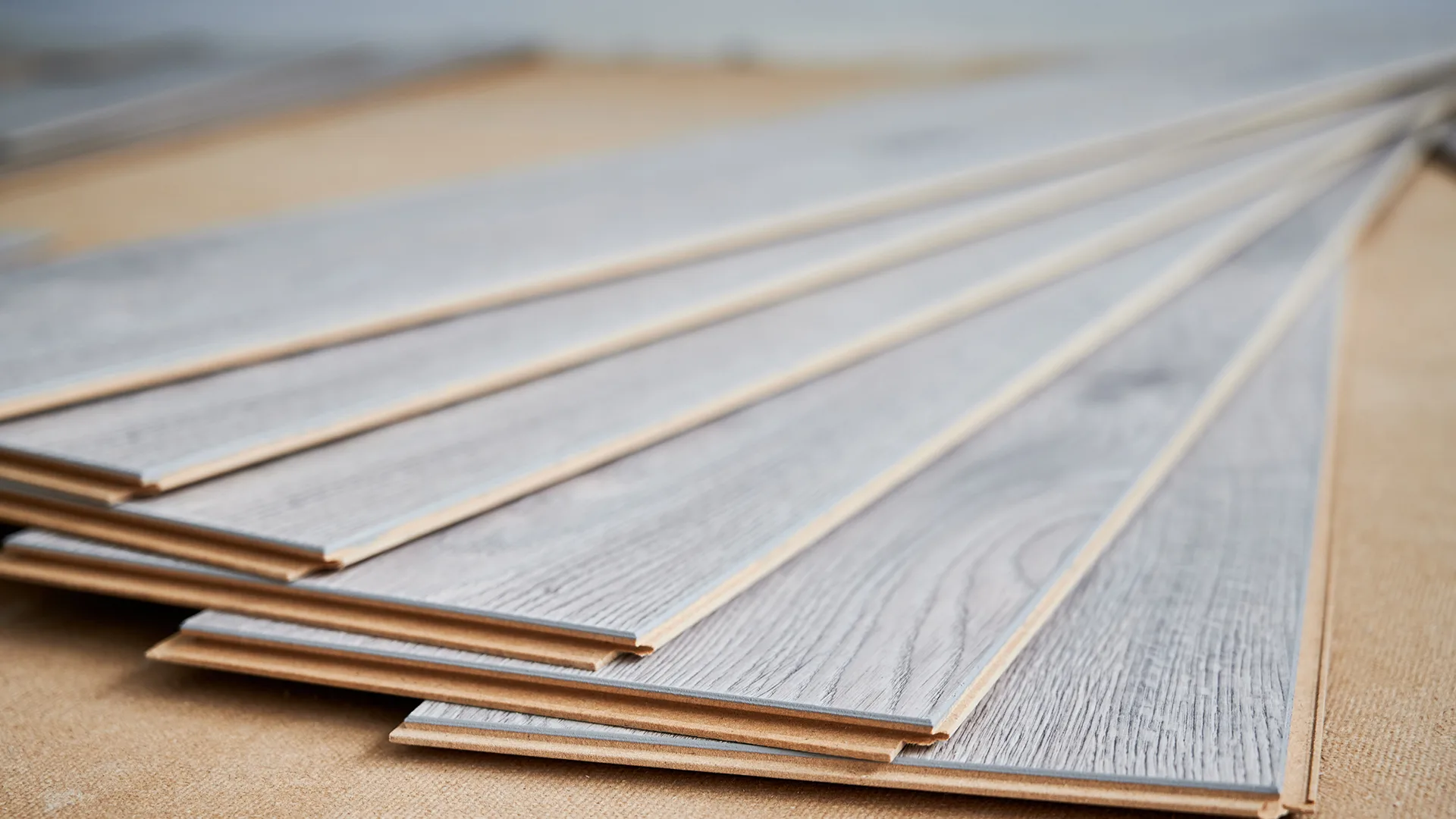Homeowners looking to invest in new flooring need to understand the costs involved in the installation process. It is not just the cost of materials that need to be considered but also the cost of labor and other factors that can impact the project’s overall expense. This guide provides a detailed analysis of the critical elements influencing flooring installation costs, allowing homeowners to make informed decisions and plan their budgets accordingly. By the end of this guide, you will better understand the various factors that affect the flooring installation cost.
Types of Flooring Materials
Flooring materials vary widely in cost, and your chosen type significantly impacts your overall budget. Here’s a breakdown of popular flooring options and their approximate costs per square foot:
Different types of flooring are available in the market, and each type has its price range. Hardwood flooring can cost between $8 to $15 per square foot, while laminate flooring is relatively cheaper and can cost between $3 to $8 per square foot. Vinyl flooring is affordable and can cost from $2 to $7 per square foot. Tile flooring is on the higher end of the price range, costing between $6 to $15 per square foot. Finally, carpet flooring is also one of the more affordable options, costing between $2 to $6 per square foot.
These are general estimates, and costs may vary based on the chosen material’s specific brand, quality, and style.
Labor Costs
The cost of labor is a significant factor in flooring installation. Labor charges vary depending on the project’s complexity, the type of flooring material, and local labor rates. Professional installation ensures a proper and lasting result, but it comes at a price. Labor costs can range from $3 to $10 per square foot.
Additional Costs
Subfloor Preparation: If your subfloor requires leveling, repairs, or moisture barriers, these additional preparations can incur extra costs. Proper subfloor preparation is crucial for a successful installation and may range from $1 to $3 per square foot.
Underlayment: Some flooring materials, such as laminate and engineered hardwood, require underlayment for added stability and insulation. Underlayment costs typically range from $0.50 to $1 per square foot.
Transition Strips: These create smooth transitions between different flooring materials or rooms. Transition strips can cost between $5 and $20 each.
Removal and Disposal: If you’re replacing existing flooring, there may be costs associated with removing and disposing of the old materials. Removal costs vary depending on the type of flooring and can range from $1 to $3 per square foot.
Room Layout and Complexity
The layout and complexity of the room can influence installation costs. Irregular-shaped rooms, intricate patterns, and challenging layouts may require more time and labor, contributing to higher installation costs.
Geographic Location
Regional differences in labor rates and material costs can affect the overall price of flooring installation. Urban areas or regions with higher living costs may experience higher labor charges.
Tips for Cost Savings
1. Obtain Multiple Quotes:
Seek quotes from multiple flooring professionals to compare prices and ensure competitive rates.
2. Consider Off-Peak Times:
Some flooring professionals may offer lower rates during off-peak seasons, providing an opportunity for cost savings.
3. Bundle Services:
If multiple rooms or areas require flooring installation, bundling the services may result in lower overall costs.
4. DIY Considerations:
While some flooring types are better suited for professional installation, homeowners with certain skill sets may consider tackling more straightforward installations to save on labor costs.
When installing flooring, it’s crucial to understand and consider various factors contributing to the overall cost. These factors include the type of flooring material you choose, the labor charges involved, any additional costs that may arise, the layout of your room, and even your geographic location. Considering these factors, you can make informed decisions that align with your budgetary constraints.
For instance, the type of flooring material you select can significantly impact the installation cost. Materials such as hardwood and ceramic tiles are more expensive than vinyl and laminate. Similarly, the cost of labor charges can vary depending on factors such as the project’s size, the installation’s complexity, and the installer’s experience.
Additionally, additional costs may be associated with the installation process, such as removing old flooring or purchasing additional materials like underlayment or adhesives. Your room layout may also affect the final cost, as complicated layouts or hard-to-reach areas can increase labor charges.
Finally, your geographic location can also impact the cost of installation. Factors like local labor rates, regional material costs, and even climate can all affect the overall cost of your flooring project.
While it may be tempting to cut corners and opt for cheaper materials or inexperienced installers to save money, investing in quality materials and professional installation pays off in the long run. Not only will you have a beautiful and long-lasting result for your home, but you’ll also avoid costly repairs and replacements.



